Why should I use a letting agent?
Choosing a property management package takes the stress out of letting your property. It also creates a professional balance and distances you, the landlord, from your tenants.
A letting agent can also help you deal with rental arrears, property maintenance, rental contracts and deposit disputes.
How much would it cost me to let my property?
The cost of letting your property professionally depends on which property management or landlord package you decide is best for you. It’s fair to say, landlords all have different requirements and expectations.
Why do I need a property inventory?
An inventory is an important part of letting your property. The inventory details all aspects of the property, including any fixtures and fittings within the property and it also records the condition of the property before the tenant moves in.
At the end of the tenancy, the inventory is checked to ensure the condition of the property, and contents, are the same.
Within our main property management packages, we include a full inventory, including details of the condition of the property and pictures for future reference.
How long does it take to rent my property?
Many factors determine how long it will take to let your property.
Firstly, when signing up to one of our landlord packages, one of our agents will visit the property to access the property itself and pictures for advertising will be taken. Once all of the information is collected, we will advertise your property on Rightmove, Zoopla, our website and social media.
Once a suitable tenant has been found for your property, our team will process the application and references as soon as possible. Our team will also organise all standing orders.
We aim to have a property let within 28 days of sign-up but this can be dependant on many different variables.
I want to start renting my property – do I have to inform my mortgage lender?
We advise you do notify your mortgage lender that you are going to be renting your property, regardless of your type of mortgage.
If you don’t have a buy-to-let mortgage, it’s essential to gain permission from your lender, as this would be seen as a change of terms to your mortgage. If you did let your property without prior permissions from your bank, they could hand you significant charges if they found out. They could also “call in” your mortgage, meaning you would be required to make full payment for the outstanding balance.
Who holds the tenant’s deposit?
By law, if you’re letting a property, you must register a tenant’s deposit with an approved Tenancy Deposit Scheme.
We use a deposit protection scheme to help protect the tenant’s deposit and settle any outstanding deposit disputes at the end of the tenancy.
Do I need an EPC certificate?
Yes! An EPC certificate, or an energy performance certificate, is a report that details the energy efficiency of a property. The EPC rating ranges from ‘A’ (the most energy efficient) to ‘G’ (the least energy efficient).
If you’re a landlord, you must have a valid EPC certificate for your property and if you need help organising an EPC certificate for your property, please do contact us.
To let your property legally your EPC rating must have a rating of ‘C’ or above, as of April 19th 2025.
Do I need to pay tax on my rental income?
If you let your property you will be required to pay tax on your profit, after expenses, whether you’re based in the UK or not.
Can a landlord enter the property during the tenancy?
A landlord can access the property if they provide 24 hours written notice, and the tenant confirms they are happy for said landlord to enter the property.
What is a property inspection?
A property inspection is typically a visit by the landlord, or letting agent, that involves checking the property is being looked after correctly. It also ensures the tenant has no issues with the property and that no damage has occurred during the tenancy.
It’s good practice to undertake a property inspection every 6 months.
What happens if the tenant causes damage?
If the tenant damages the property they will be required to pay for this, either as a full payment or out of their deposit.
If your tenant has been in the property for a considerable amount of time then it’s also important to consider general wear and tear. This includes the condition of carpets and the overall aesthetics of the property.
What if I have bad tenants?
If you’re unhappy with the tenants in your property and wish to evict them, you must offer 2 months notice.
We can help you with legal requirements and eviction notices in most of our property management packages.





